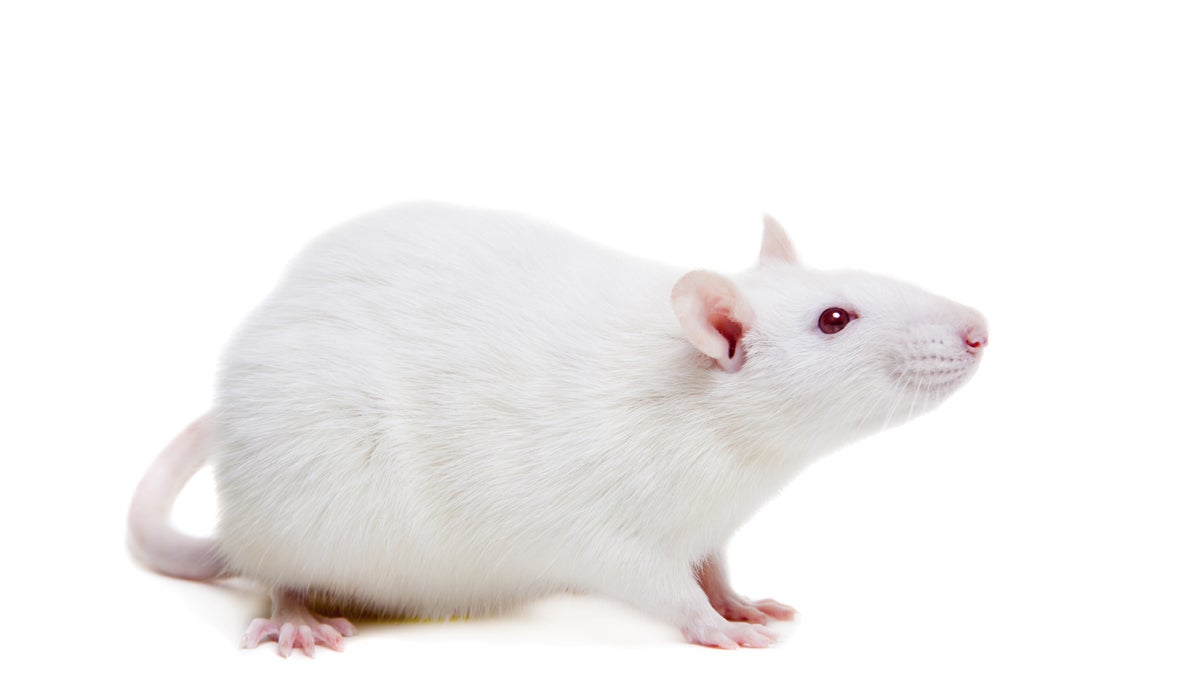Philadelphia bioethics meeting tackles implanted memories and other thorny issues

Researchers at MIT recently implanted memories into a mouse brain. A presidential commission is looking into tricky ethical issues posed by biomedical developments.
Consider, for example, the implications of a fake memory.
Researchers at MIT recently implanted memories into a mouse brain—after which the mouse could engage in tasks it hadn’t learned before.
“So it raises a lot of questions about what happens if we are able at some point to implant memories into human brains,” said Lisa Lee, executive director of the Presidential Commission for the Study of Bioethical Issues. “Is that something we, one, should do, and, two, if we do, what are the implications?”
That’s a taste of some of the weighty neuroscientific issues the president’s bioethics advisory panel will be batting around in Philadelphia this week.
The working meetings are being held today and tomorrow at UPenn’s Perelman School of Medicine and are open to the public.
[You can also watch a live-stream of the proceedings at Bioethics.gov.]
On Monday, the commission is closing the books on a year’s work on “incidental findings.” It will present its recommendations for what researchers or clinicians should do when they look for one thing and find another. What’s the obligation to the patient, for instance?
On Tuesday, the commission begins its work on the Obama administration’s $100 million BRAIN Initiative—a major push announced in April.
“We’ll be looking at both how to do the science in an ethical way, how to do the research ethically, but also how to apply the technologies and the discoveries in an ethical way,” Lee said.
Mapping the brain is this decade’s human genome project, Lee said. It’s potentially even more game-changing—but also potentially scary.
The commission is tasked with providing clear ethical guidelines for future endeavors.
“The idea here with this kind of science and with the BRAIN Initiative, is to think about doing the ethical science we need to really help researchers find new ways to treat, cure and prevent brain disorders,” Lee said, “things like Alzheimer’s, epilepsy and traumatic brain injury. There are a lot of things that are troublesome right now that we can use this science to do a lot of really great things.”
The commission, created in 2009 by presidential order, is currently chaired by University of Pennsylvania President Amy Gutmann.
Here are more details on this week’s public meetings [PDF], via the Federal Register.
WHYY is your source for fact-based, in-depth journalism and information. As a nonprofit organization, we rely on financial support from readers like you. Please give today.




